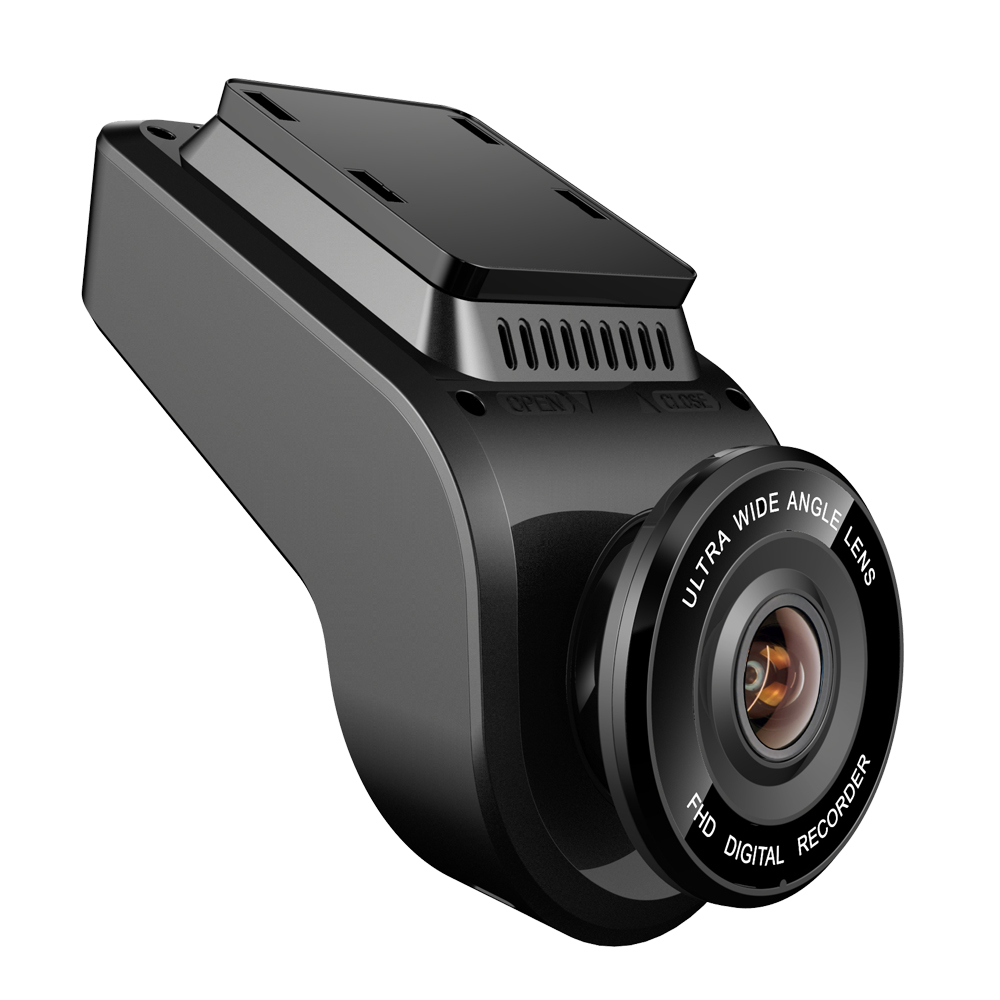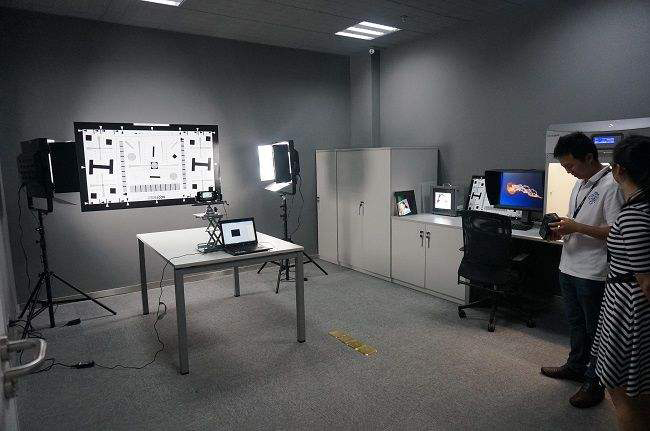When it comes to choosing a dashcam, one of the most important factors to consider is the resolution. Full HD (1080p) and 4K (2160p) are two popular options on the market today. In this article, we will explore the differences between Full HD and 4K dashcams and determine which one is better suited for your needs.

Resolution refers to the number of pixels a camera can capture. Full HD dashcams have a resolution of 1920 x 1080 pixels, while 4K dashcams boast a resolution of 3840 x 2160 pixels. This means that 4K offers four times the number of pixels compared to Full HD, resulting in sharper and more detailed footage.
One of the primary advantages of 4K dashcams is their ability to capture more details and provide higher image quality. With four times the resolution of Full HD, 4K dashcams offer incredibly sharp and clear footage. This can be particularly beneficial when trying to identify license plate numbers or capture crucial details in an accident.
However, it is important to note that the difference in image quality between Full HD and 4K dashcams may not be noticeable in all situations. Factors such as lighting conditions, camera sensor quality, and lens specifications can also impact the overall image quality.
In low light conditions, 4K dashcams tend to perform better than Full HD dashcams. The additional pixels allow 4K cameras to capture more light, resulting in improved visibility and reduced noise in nighttime footage. If you frequently drive during the night or in poorly lit areas, a 4K dashcam may provide clearer and more reliable recordings.
One of the downsides of 4K dashcams is their larger file sizes compared to Full HD dashcams. 4K footage requires more storage space, which means you will need a larger SD card to store recordings. Additionally, larger file sizes may also impact the transfer and processing speeds of the footage.
With Full HD dashcams, you can fit more footage on a smaller SD card, making it easier to manage and store recordings. If storage space and file management are a concern for you, a Full HD dashcam might be a better option.

4K dashcams generally come at a higher price point compared to Full HD dashcams. The advanced technology and higher resolution contribute to the increased cost. If budget is a significant consideration for you, a Full HD dashcam may provide a more affordable option without compromising too much on overall performance.
Another factor to consider is the compatibility and viewing capabilities of your devices. While 4K dashcams offer unrivaled clarity on compatible devices, not all devices support 4K playback or have 4K-capable screens. If you do not have a device that can fully utilize the benefits of 4K footage, investing in a 4K dashcam may not be necessary.
Ultimately, the decision between a Full HD and 4K dashcam depends on your specific needs, budget, and preferences. If you require the highest possible image quality and detail, frequently drive in low light conditions, and have a compatible device, a 4K dashcam may be the better option for you. However, if you are on a budget, need to conserve storage space, or don't have a 4K-compatible device, a Full HD dashcam can still provide satisfactory results.Choose wisely based on your priorities, and ensure you select a reliable and reputable brand to get the most out of your dashcam experience.
 Having over ten years of experience in the manufacturing of tachographs
Having over ten years of experience in the manufacturing of tachographs
 Provide over 20 private mold designs, focusing on independent research and desig
Provide over 20 private mold designs, focusing on independent research and desig
 Over 10 years of R&D and QC experience
Over 10 years of R&D and QC experience